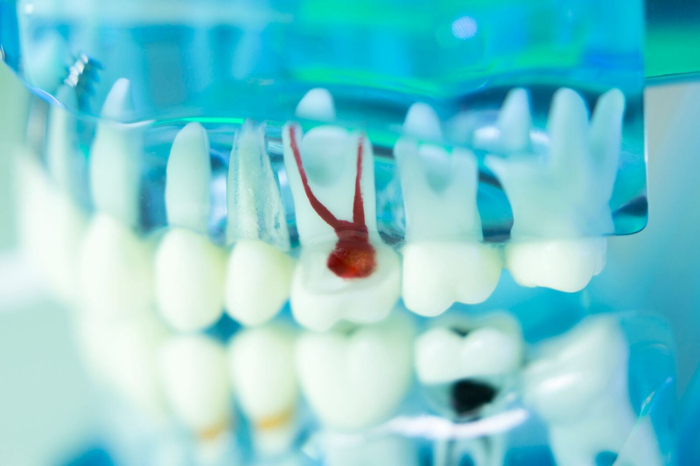If your dentist has informed you that a root canal may be necessary and you are feeling nervous, you aren’t alone, but the good news is this common procedure is safe, and not nearly as painful or unpleasant as you might think. The following are some frequently asked questions about root canals and what you can expect during and after the procedure.
If you are considering a root canal, you’re probably experiencing discomfort due to infection, and your dentist believes a root canal is the best option.
Why Would You Need A Root Canal?
Root canals are necessary when the pulp of the tooth becomes infected. Not only does the infected tooth cause pain, but the infection can also spread to neighboring tissues and into the jaw. This not only causes loss of the tooth but also creates other dental and health issues. A root canal eliminates the infection while saving the tooth.
What Happens During A Root Canal?
First, you’ll be prepped, and the area surrounding the affected tooth is numbed with an anesthetic. The procedure is frequently performed by your dentist unless it is a more complicated situation, in which case you’ll be referred to an endodontist.
During the procedure, the dentist works to remove infected tissues. Once complete, the canals are sealed with a substance called gutta percha. The tooth may be capped with a crown to strengthen it and restore appearance.
How Long Does It Take To Recover? Will You Be In Pain?
For the first few days after a root canal, you will likely experience some soreness and swelling. You can manage any discomfort with over-the-counter pain relief medication. It’s also vital that you follow any aftercare instructions closely to accelerate the healing process. Any pain or discomfort dissipate within a few days. Full healing of the site may take some time, but this is normal. Your tooth may feel “different” than your other teeth, which is also normal.
Are There Alternatives To A Root Canal?
If your dentist recommends a root canal, your only other option is to have the tooth extracted. Root canals are intended as an alternative to having the tooth pulled. If you want to save your tooth, a root canal is your best and, possibly, the only option.
I’ve Heard Horror Stories About Root Canals Gone Wrong. Are they a safe procedure?
Any medical or dental procedure involves some level of risk or complication. When it comes to root canals, they are a commonly performed and safe procedure with a very high success rate. Problems are rare when you choose a quality provider with a good reputation. It’s always a good idea to do some research when selecting a dentist to perform this procedure. And, it’s worth mentioning again that aftercare is essential for problem-free healing.
If you are struggling with tooth pain, or have been told you need a root canal or a tooth extraction, contact East River Dental. Call today at 905 895 8031 to book a consultation and join hundreds of other satisfied clients in the Newmarket area.


